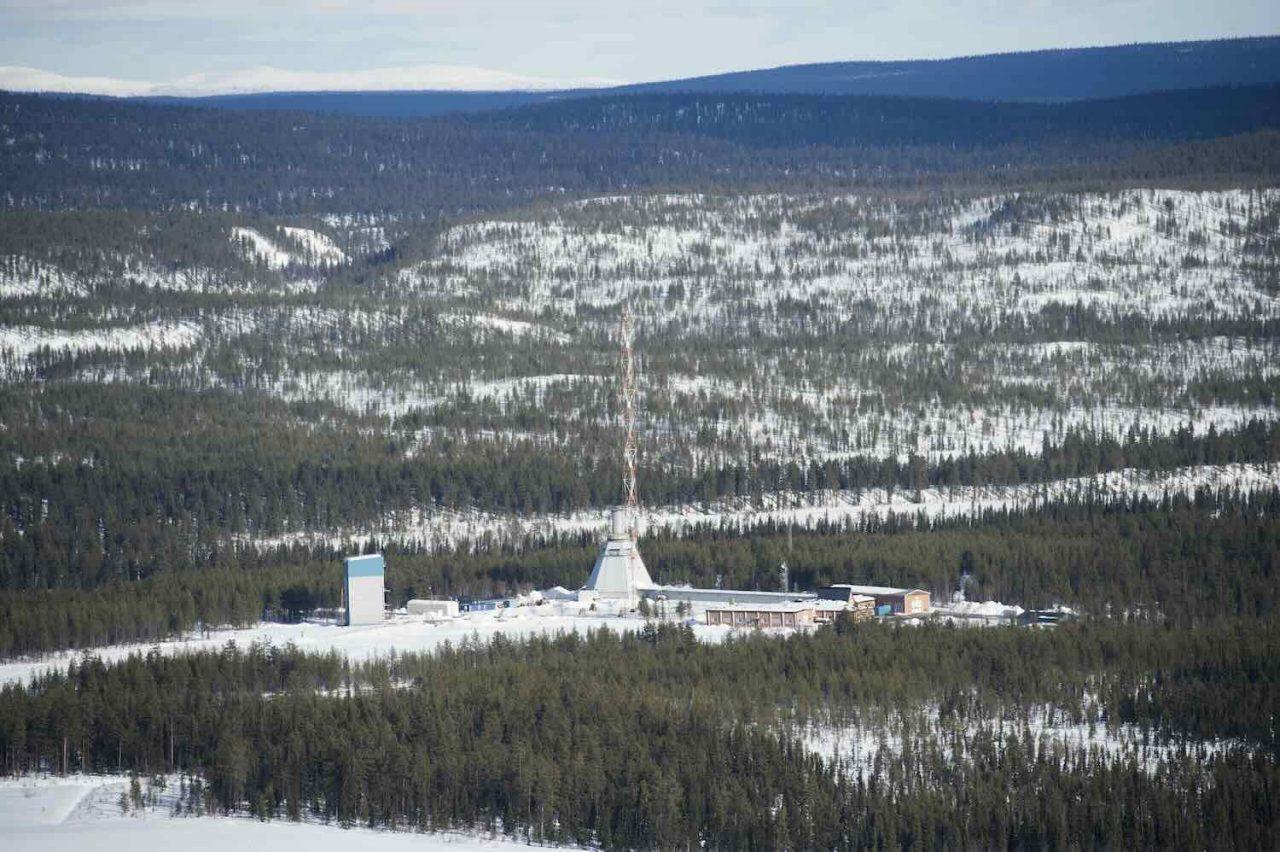
Bladderwrack from the Baltic Sea has been sent into space. This could be the first step in solving a 30-year-old mystery.
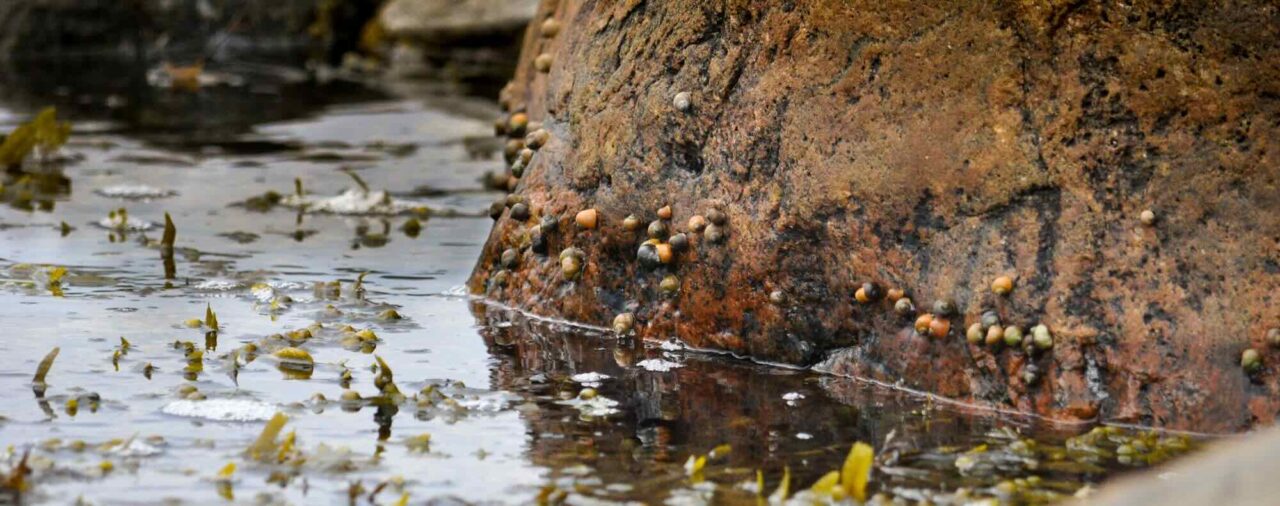
From big and scared to small and brave - evolution has moved at lightning speed on a small island in the Koster Sea on the West coast of Sweden. The beach snail's rapid adaptation after a forced change of environment amazes researchers. In 30 years, it has changed both its appearance and behavior to survive.
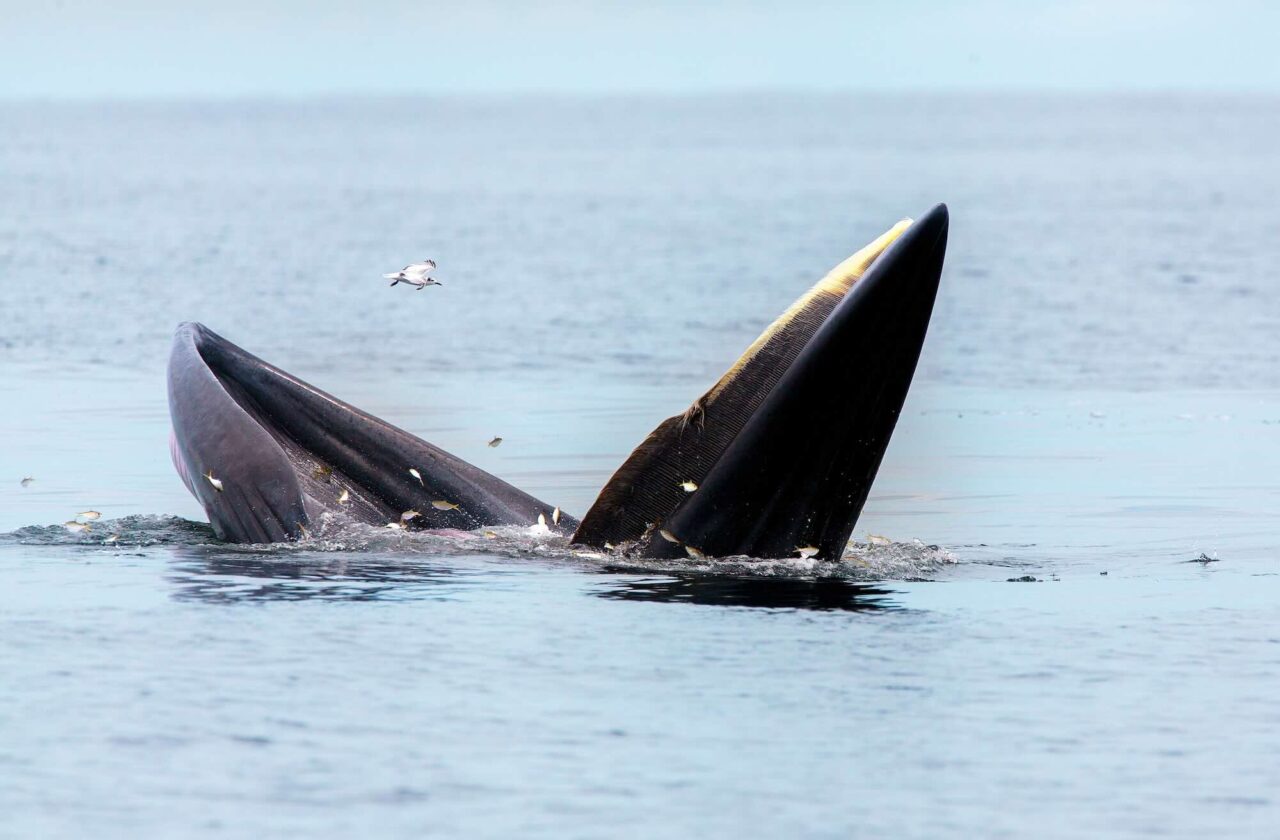
Scientists from the US National Oceanic and Atmospheric Administration (NOAA) have been placing recording devices in the deep Pacific Ocean since 2005. They have collected an enormous amount of data, more than 500 TB or almost 200 000 hours of recordings.

Thousands of biofilter plants have been installed in cities around the world to treat surface water. Now Swedish researchers see a risk that the technology could fail, and that toxic PFAS could flow right through. - This is a big risk for us and for the environment, says researcher Ali Beryani at Luleå University of Technology.
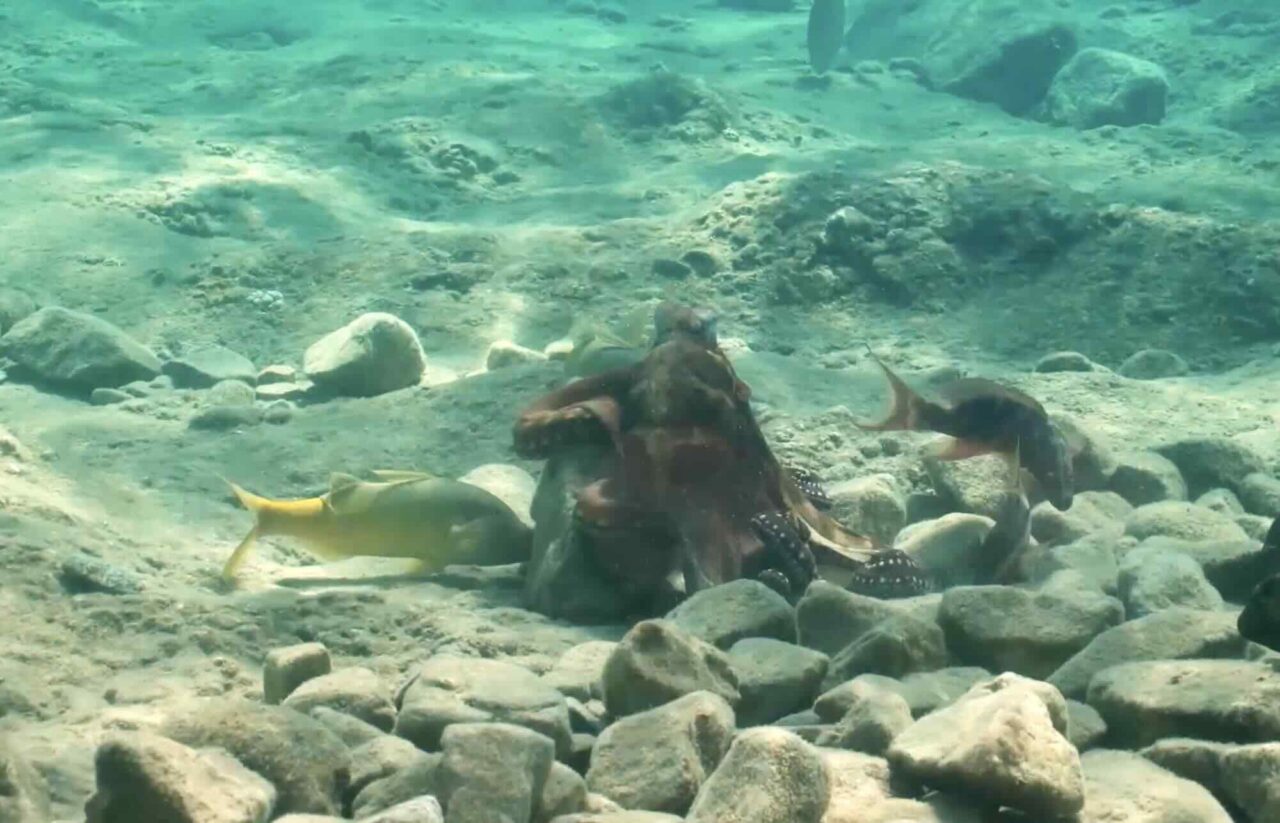
Fish act as a kind of guide, finding the prey and ‘pointing out’ the location to the octopus, which can use its flexible arms to catch the hidden prey.
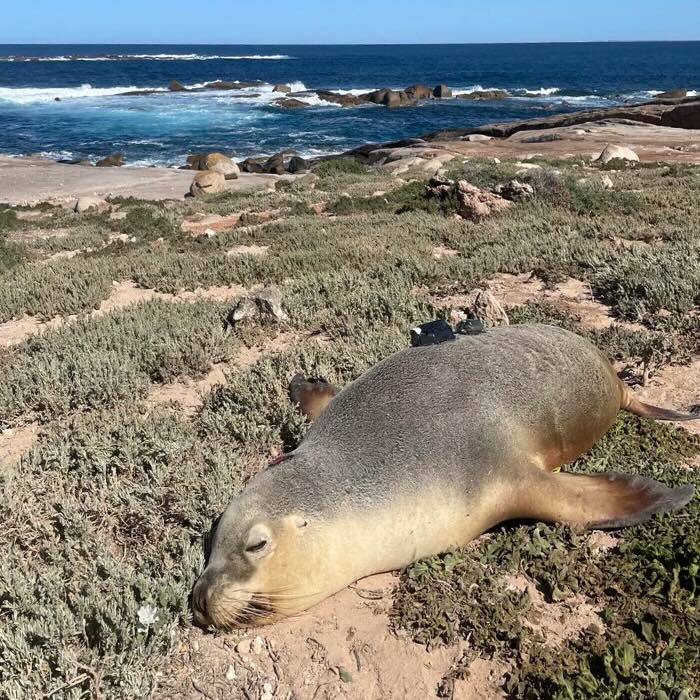
We know extremely little about what the seabed looks like. Studying and mapping them is difficult, sometimes impossible and certainly expensive. But a researcher in Australia has used sea lions to help map large areas.

Bowhead whales dive in synchronization despite distances of up to 100 kilometers between them, according to a study by Danish, Greenlandic and Japanese researchers. This shows that the whales use an advanced form of acoustic communication, according to Danish researcher Jonas Teilmann, professor at Aarhus University. “It involves hundreds of dives over a week that […]
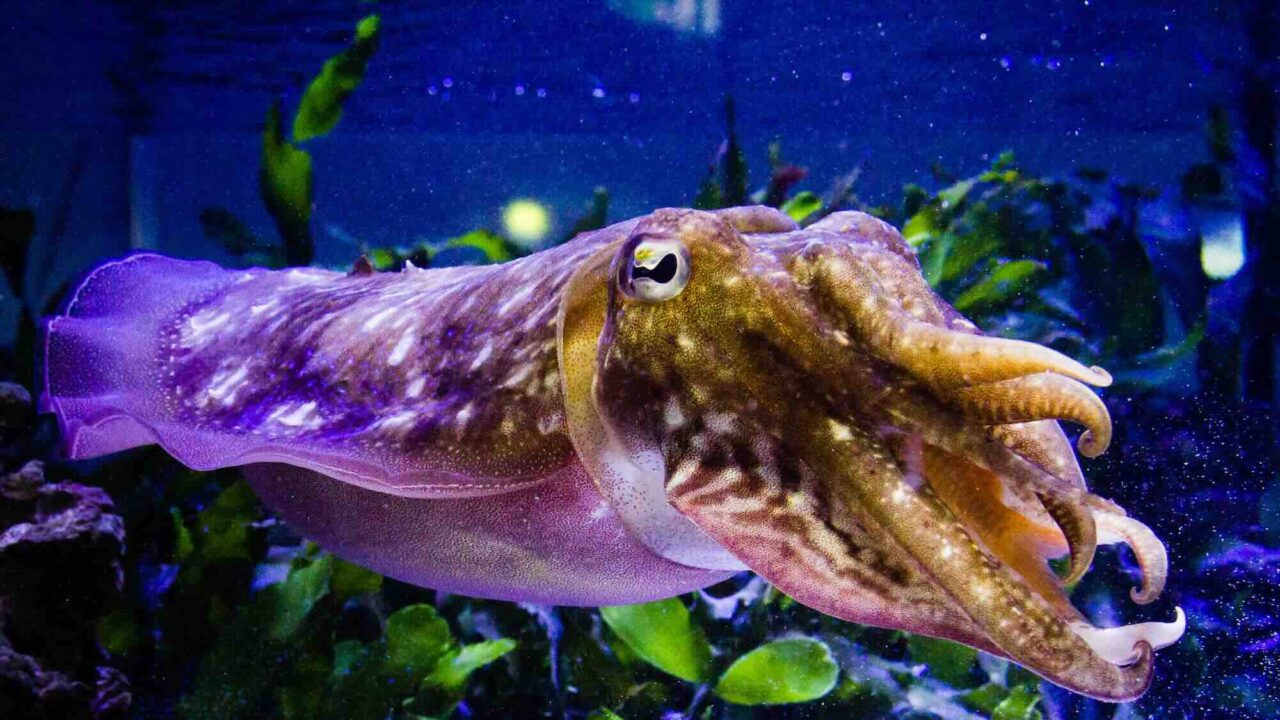
Sometimes we remember events completely wrong when our brain creates so-called false memories. A study shows that false memories also occur in some octopuses.
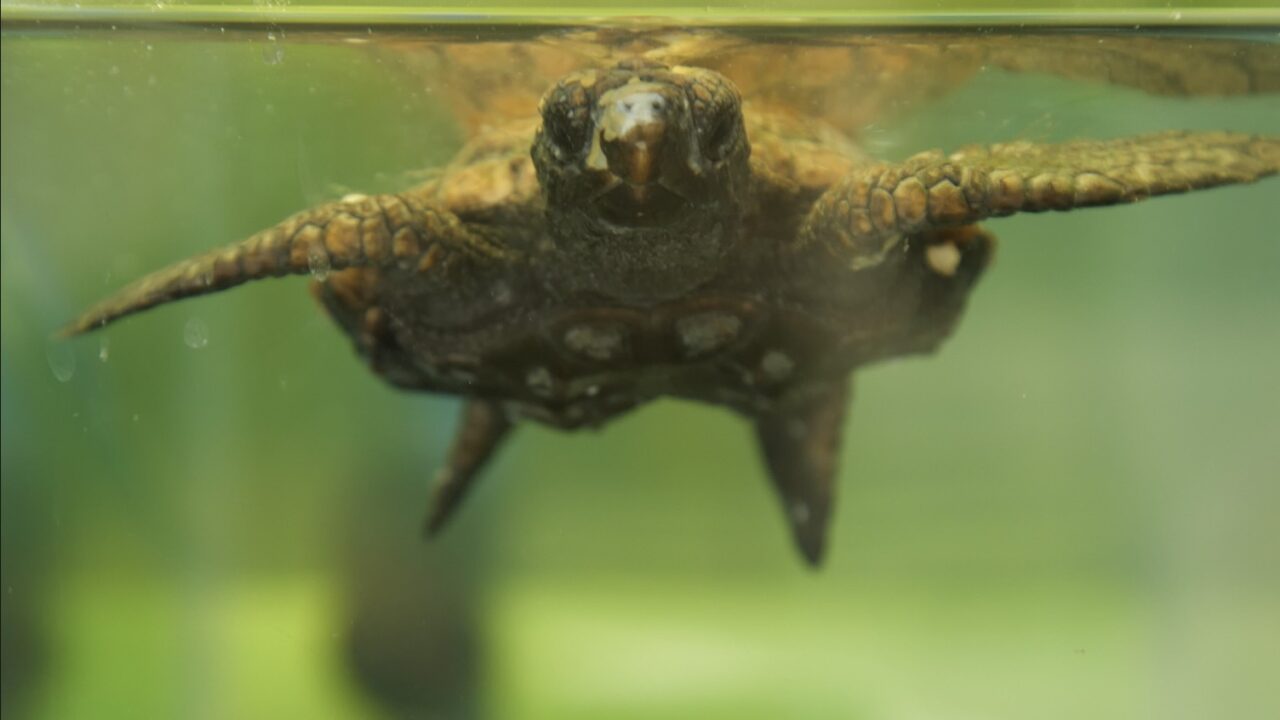
Every year we're seeing more and more turtle stranding partially because of an increase in awareness but also because there are more extreme weather events, there are more storms there are more extreme temperature changes and strong winds probably a consequence of changing weather systems, more extreme weather systems that are indicative of climate change and all of those things for us lead to increase strandings.
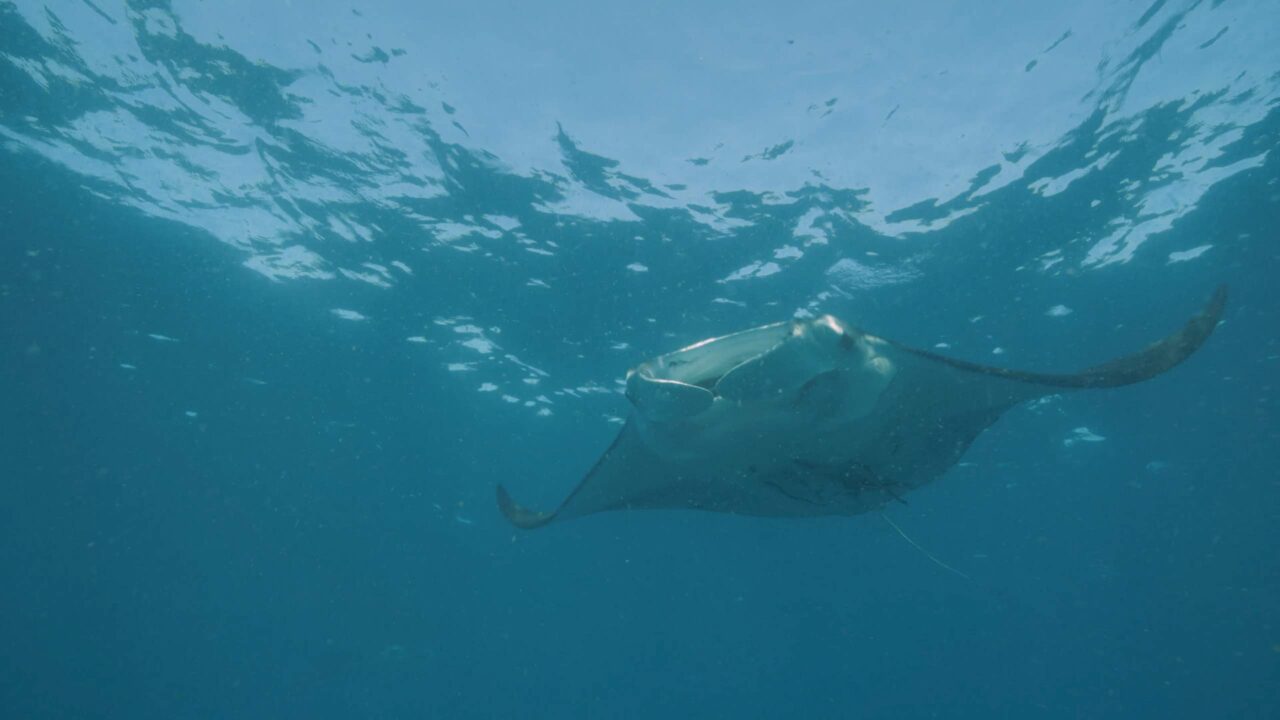
Marine Biologist, Dr Tessa Hempson and film-maker, Grant Brokensha, were part of a recent Manta Ray tagging expedition off the South African coast. Mantas have an incredible 20 million years of evolution behind them, and we are just beginning to uncover their secrets and appreciate their remarkable intelligence. Both from personal observations and scientific research, there is compelling evidence that these creatures that have an unusually large brain in proportion to their size, are in fact highly intelligent beings
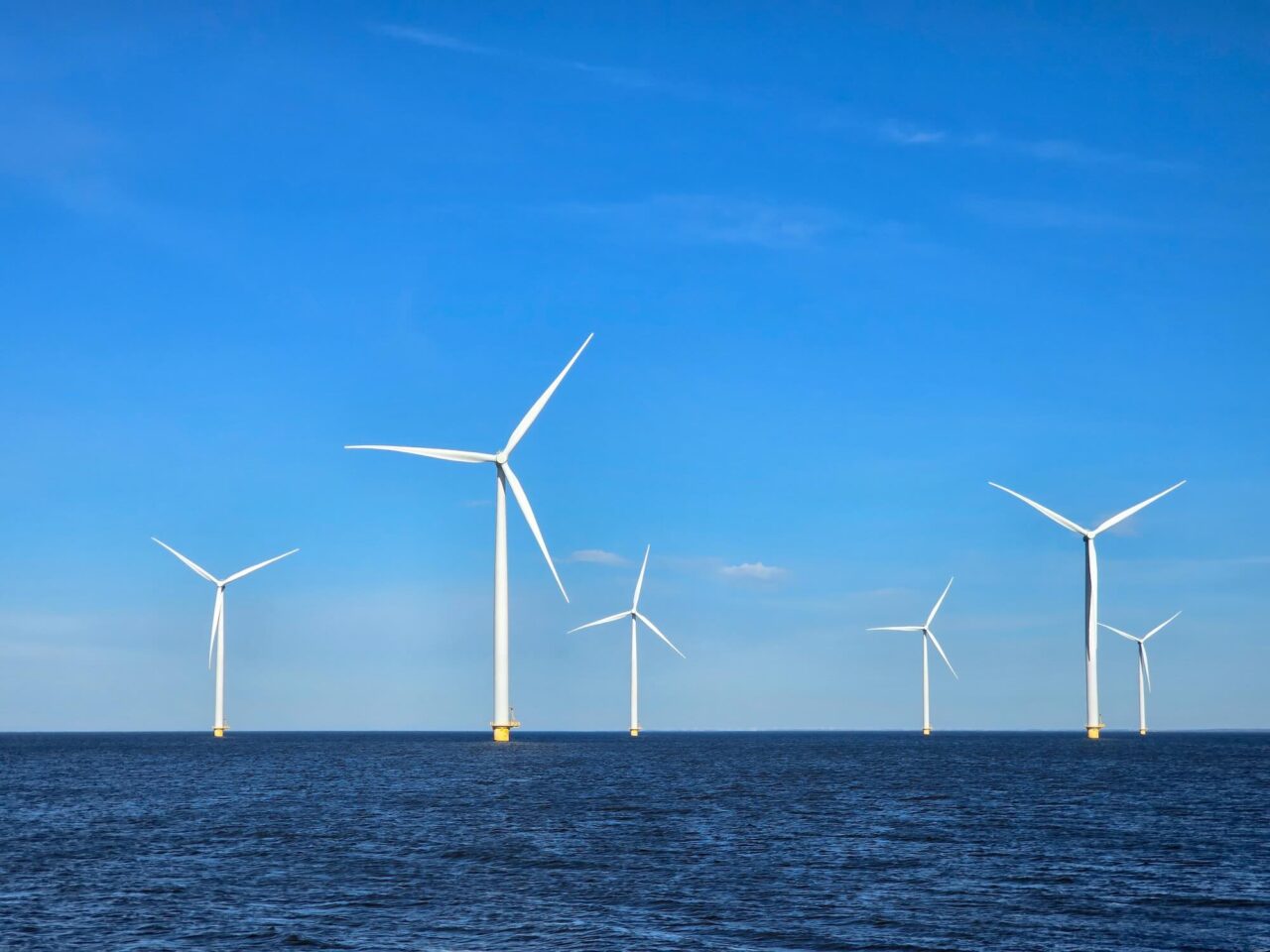
Just as all life on land, life in the sea depends on oxygen. But for the oxygen to penetrate to the depths, the gas must be able to mix through the layers of sea water. Groundbreaking British research shows that summer storms are important for keeping the ocean healthy. And wind power has a positive effect, shows the study, published in Nature Communications.
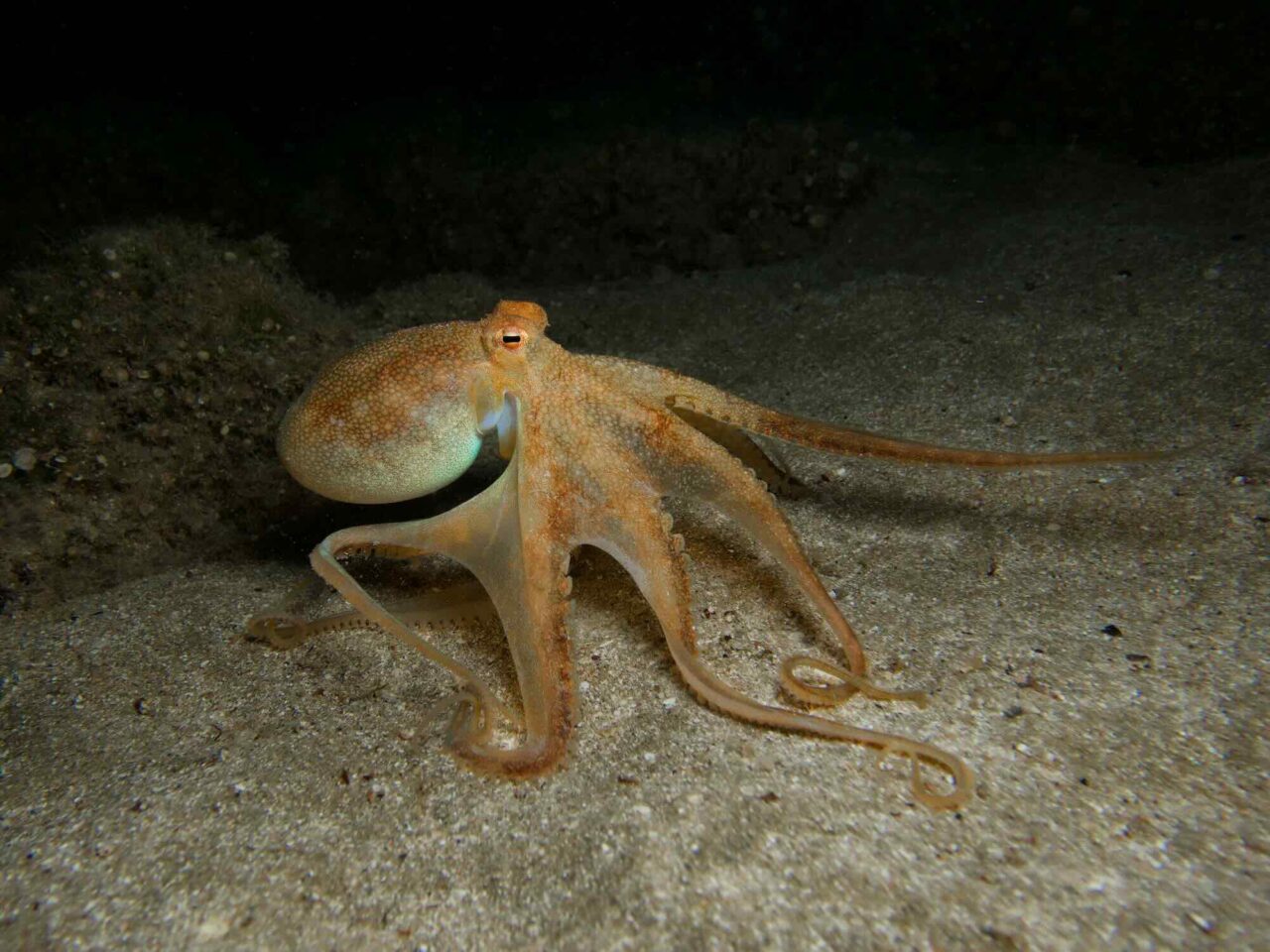
When we talk about climate change, it is usually about warming the atmosphere and changing weather systems, but the oceans are also affected and perhaps even worse.
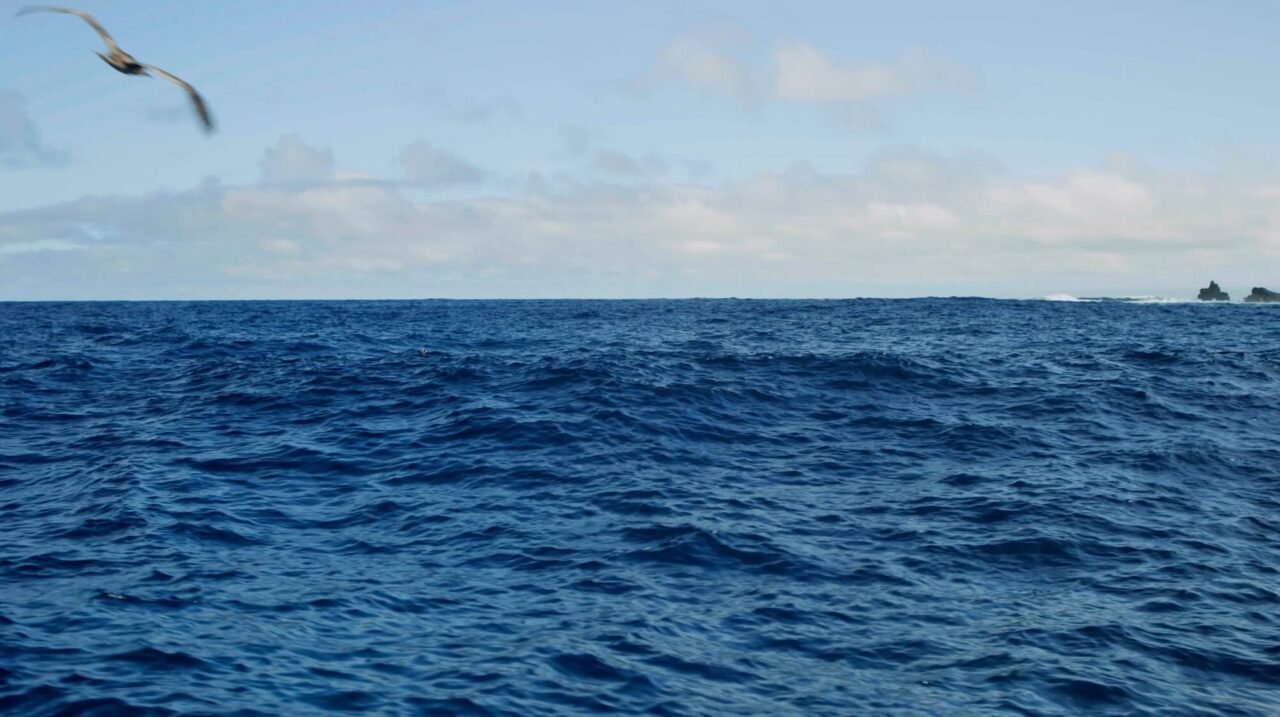
Fish behavior, toxic algae, and the role of the sea in climate. These are some of the topics that marine research can address. Diverse subjects, but with a common goal: to better understand what happens beneath the surface.
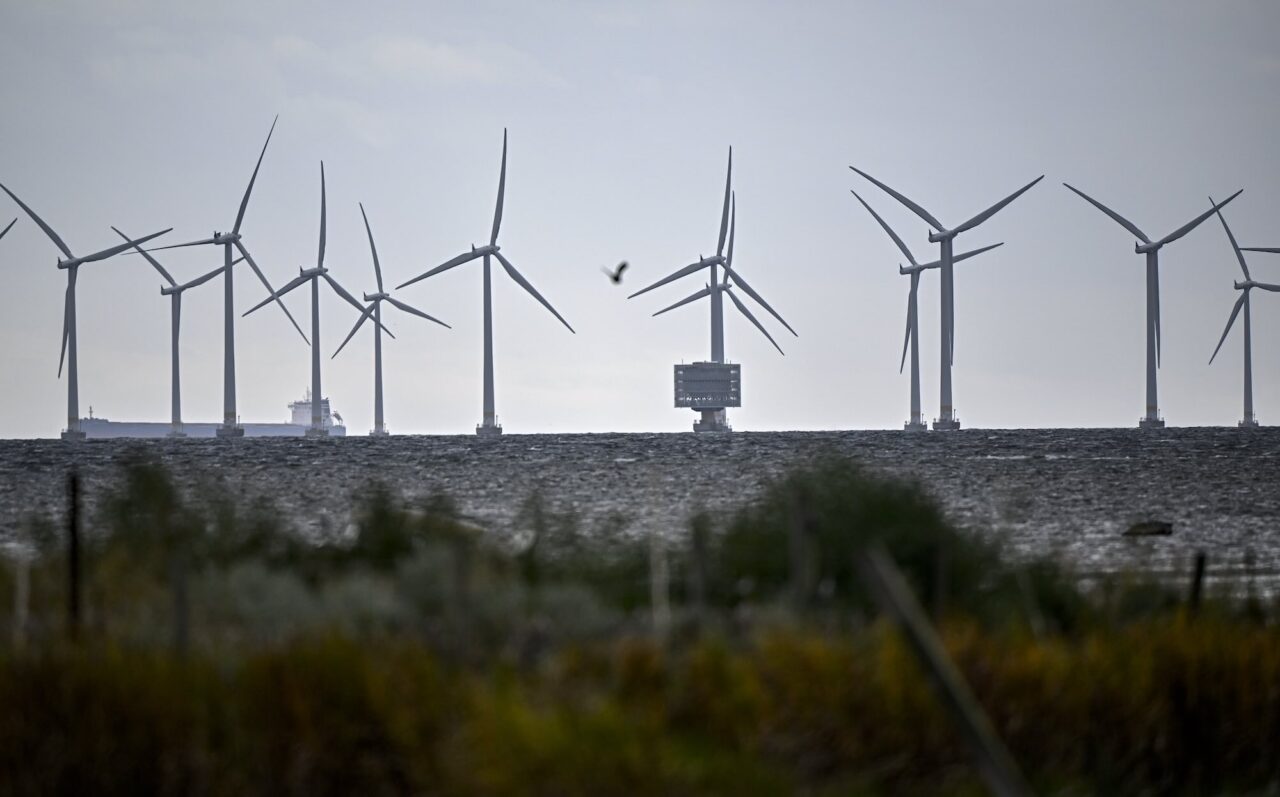
Underwater noise from the planned large wind turbines risks affecting both wildlife and Sweden's defense capabilities. Now researchers will find out how such wind farms will sound below the surface.
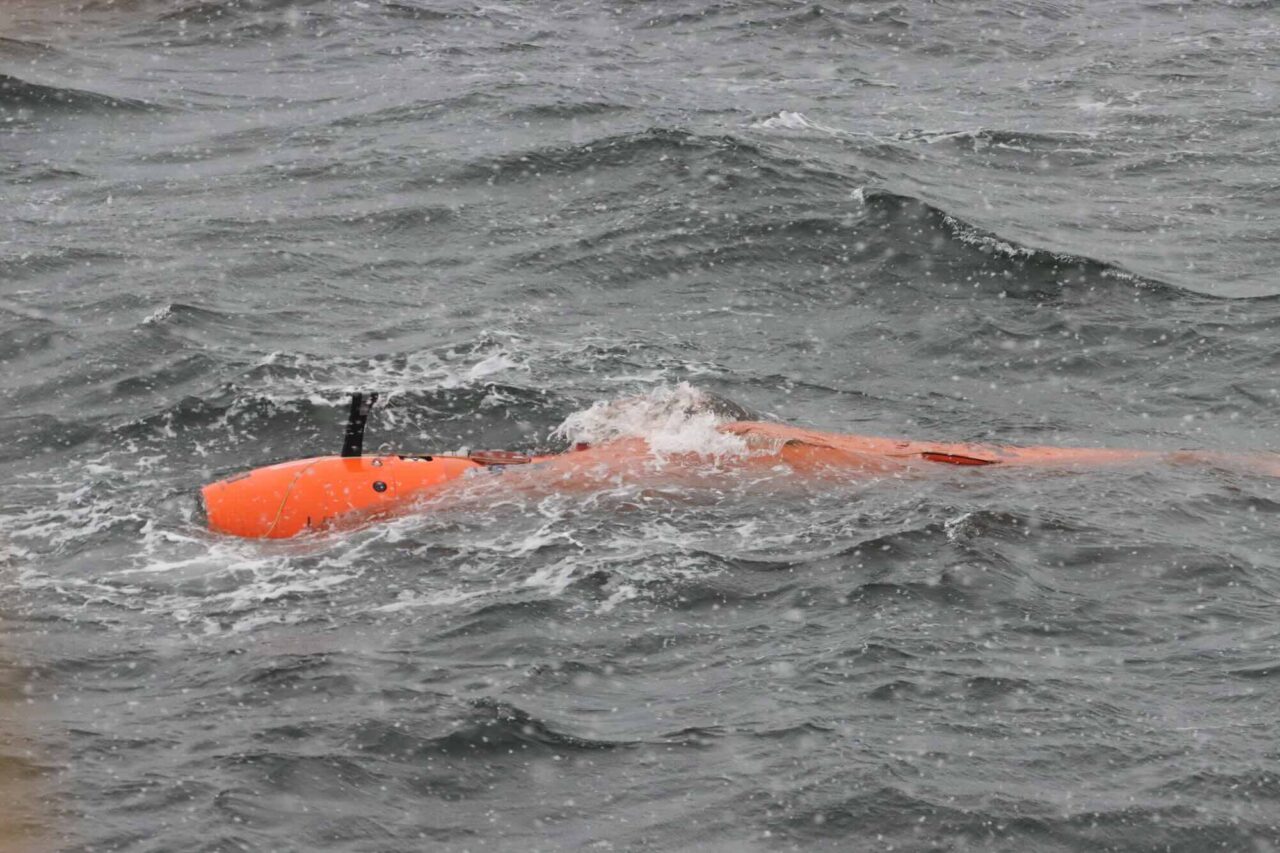
The unmanned underwater vehicle Ran has disappeared under a glacier in Antarctica. "It's a bit like looking for a needle in a haystack, but without even knowing where the haystack is," says Anna Wåhlin, project manager and professor at Gothenburg University, in a press release.
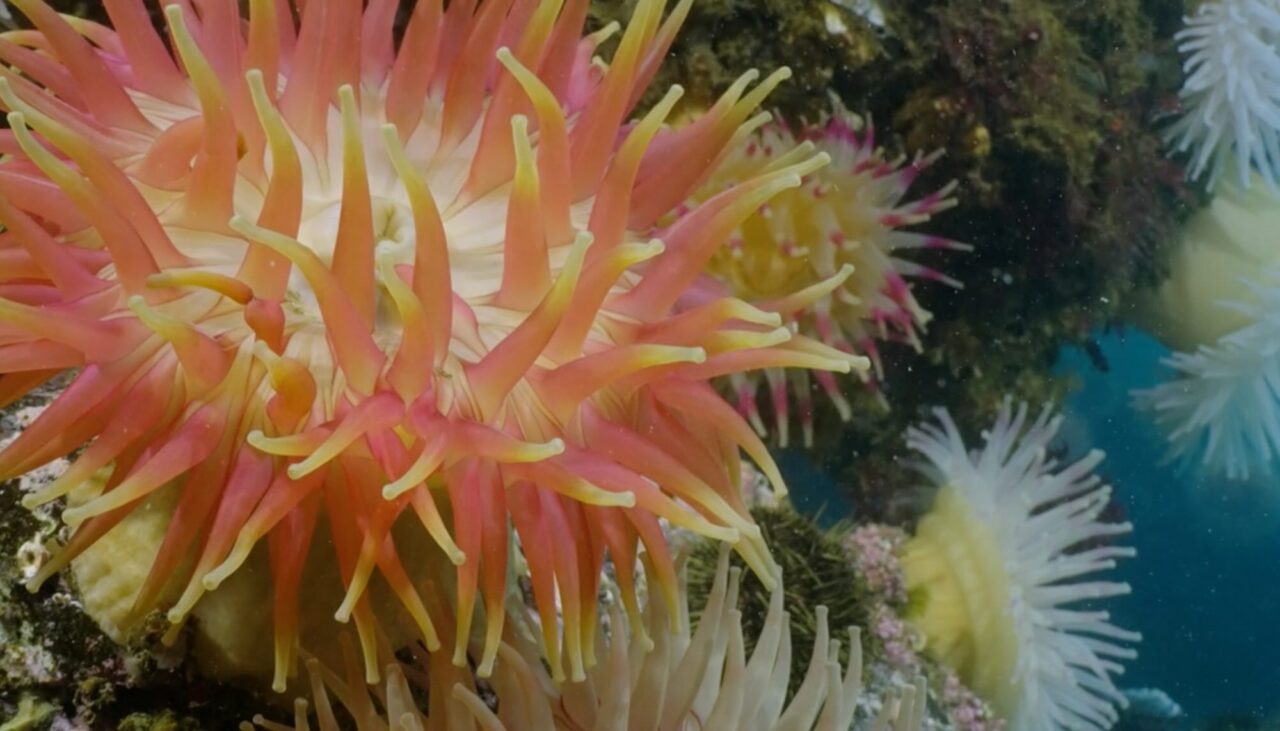
They are extraordinary biodiversity hotspots. They absorb large amounts of CO2 and release oxygen. They fix nitrogen and detoxify the water. They are nurseries for fish and hundreds of marine organisms. But they are disappearing globally and one-third of the Earth’s coastline is affected.
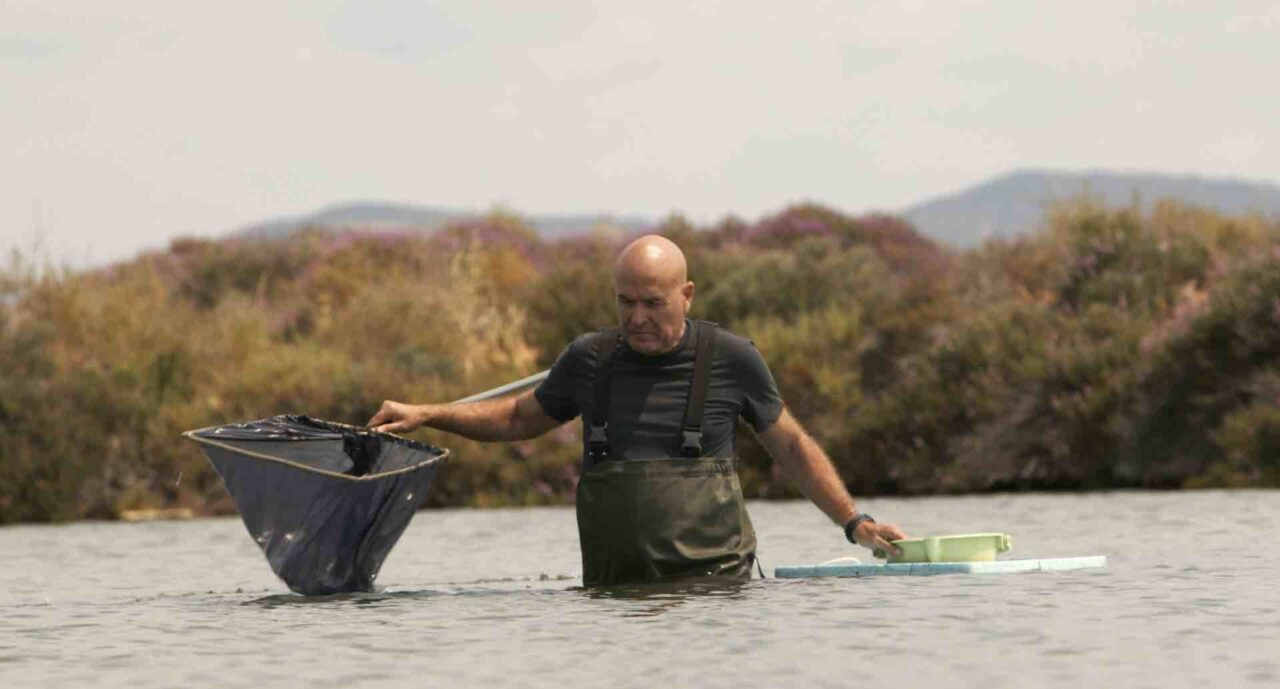
The population of seahorses in Ria Formosa in southern Portugal was probably the largest in the world. But in the mid-2010s, it collapsed, and 95% of the seahorses disappeared. Climate change, poachers, and environmental pollutants are believed to be the causes.
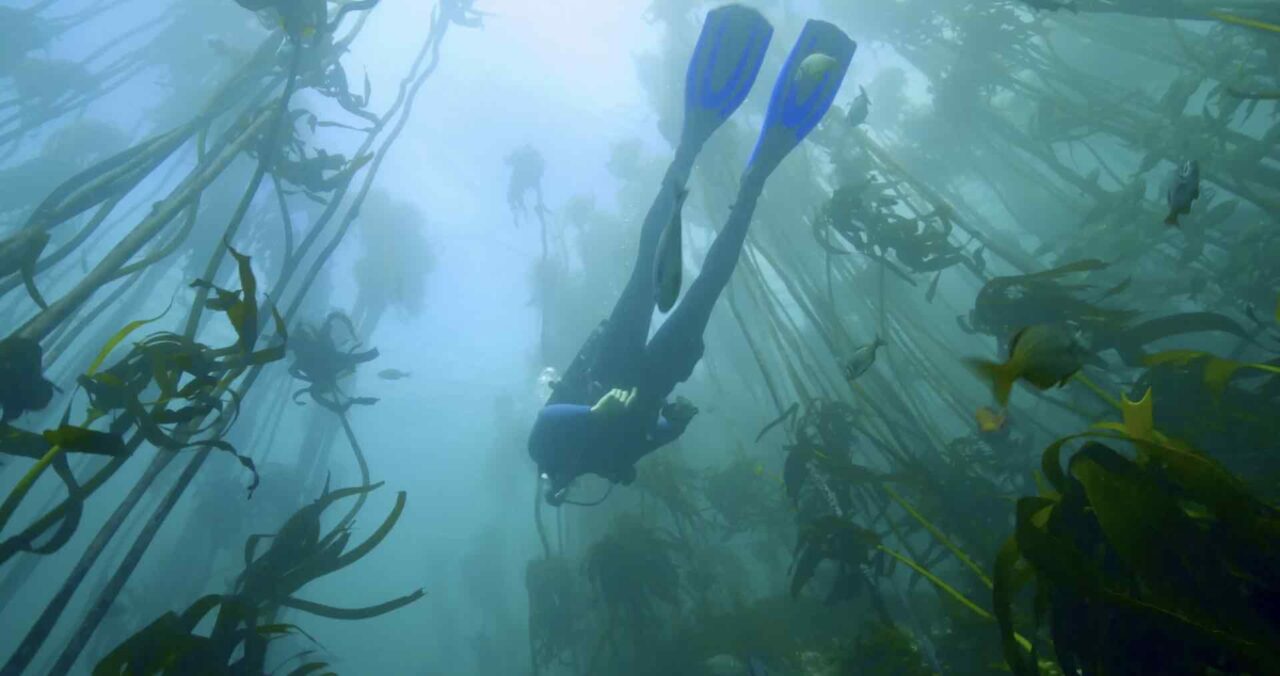
South Africa has an incredibly rich diversity of sharks, representing nearly a quarter of all known species, some found nowhere else on the planet.
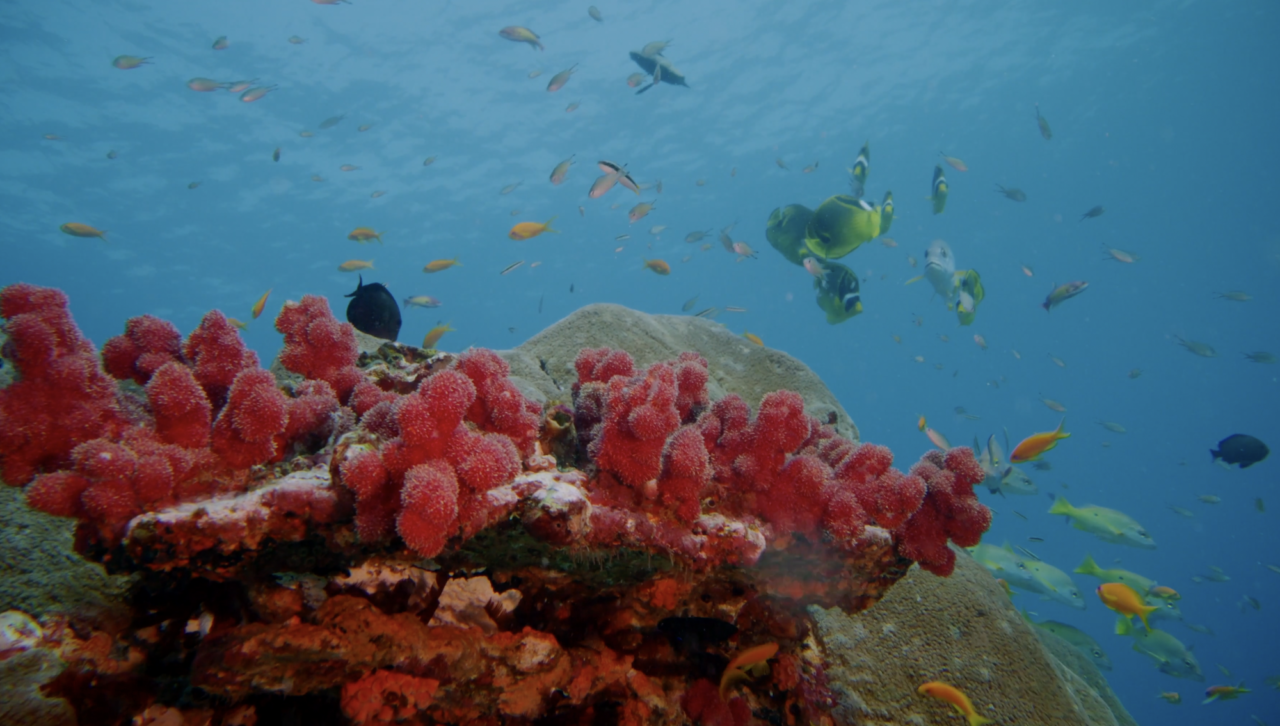
iSimangaliso Wetland Park in South Africa is home to one of the world's most pristine reef systems, home to hundreds of different species from rare fish to tiny seahorses...and hundreds of cleaning stations where fish come in for their daily cleaning sessions. Petro van Jaarsveld who is currently conducting her PhD studies on these fascinating stations takes us on a tour inside the surprisingly complex and beautiful world of a fish car wash...
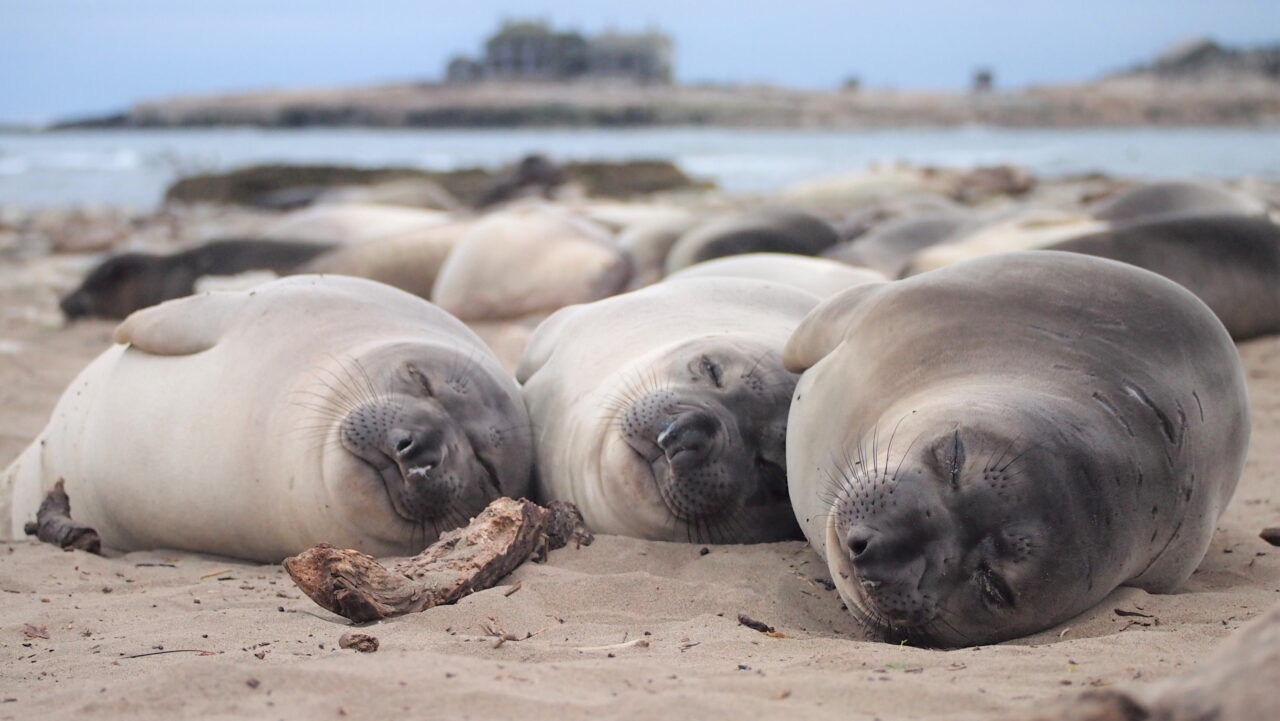
If you are surrounded by predators, it is dangerous to sleep, but the elephant seals have found their own fascinating solution. They dive down towards safer depths, allow themselves to let go of control for a little while – and sing sleep in a dreamy spiral down towards the bottom.
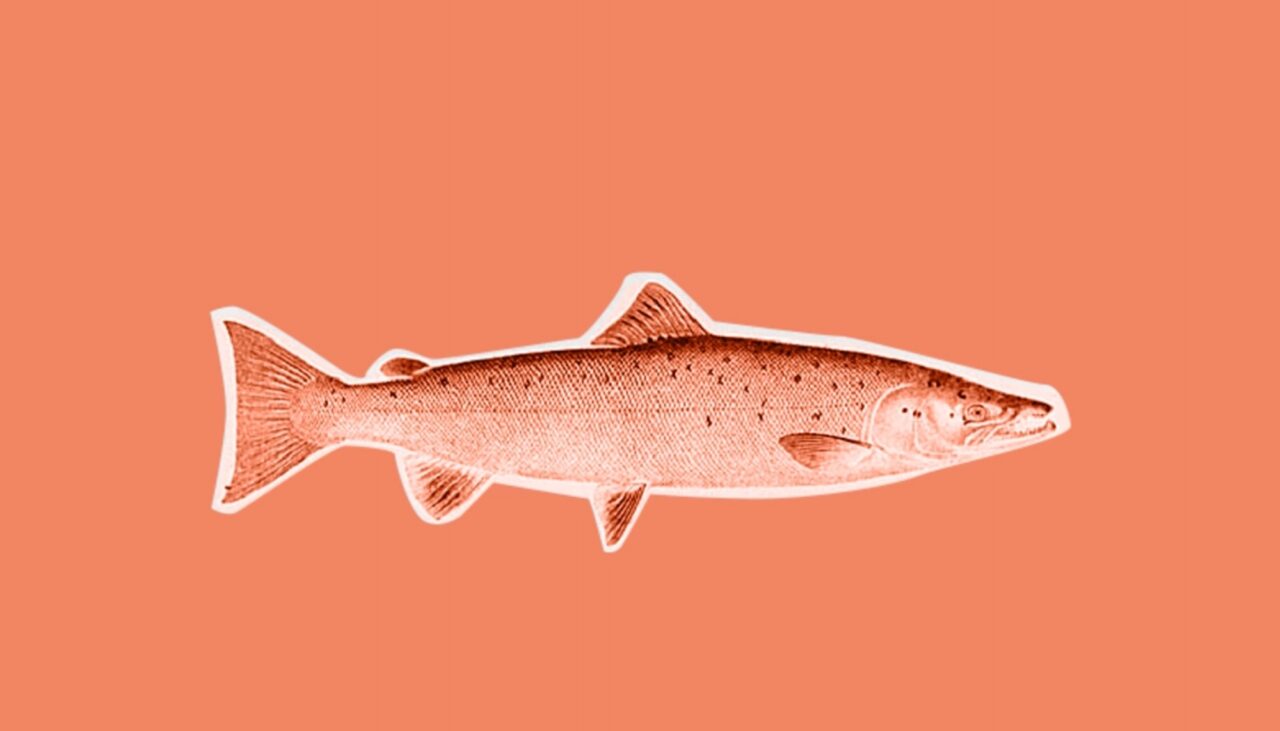
Ida Beitnes is a Associate Professor at the NMBU. Ida has earlier studied stress as an important contributor to the development of cardiac disease in salmonids.
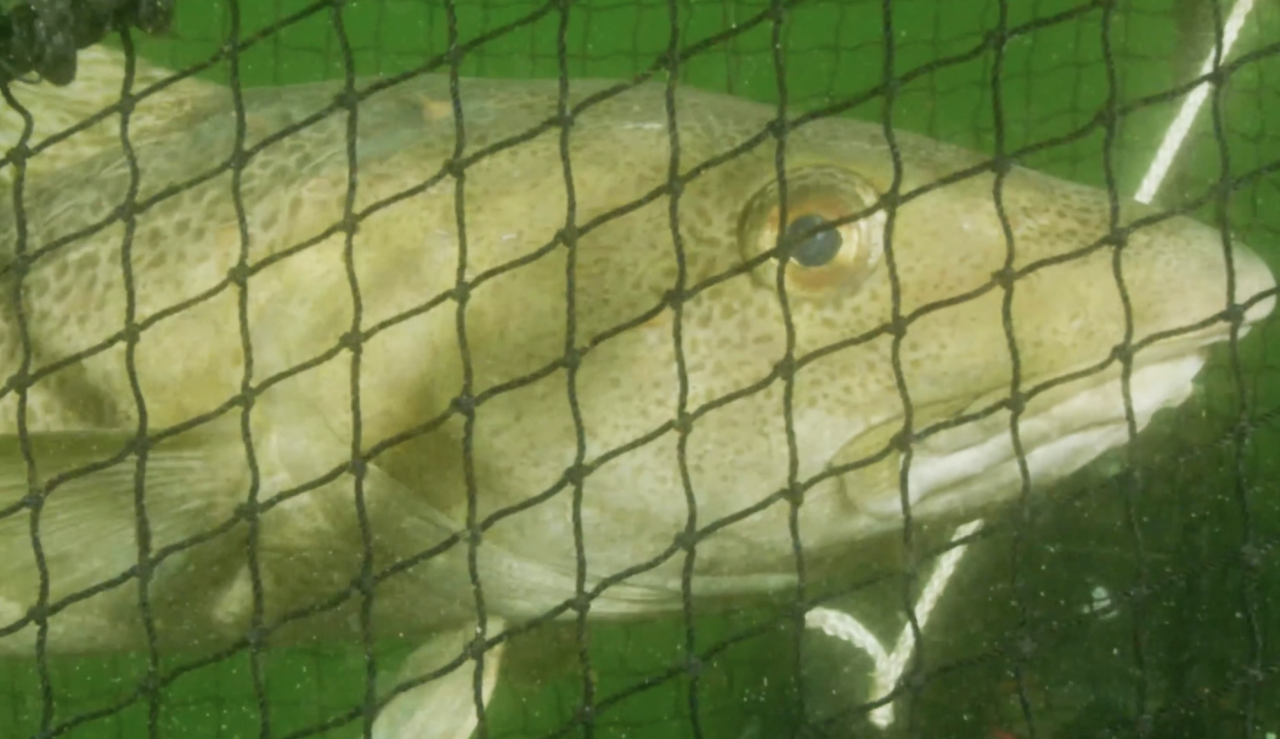
Marco Vindas is an Associate Professor at the Norwegian University of Life Sciences. He conducts research on the neural control of behavior and physiology in fish. He wants to understand emotional and cognitive responses of fish in response to environmental stimuli. Much of his research is focused towards increasing fish welfare and promoting sustainable exploitation of both farmed and wild fish resources.
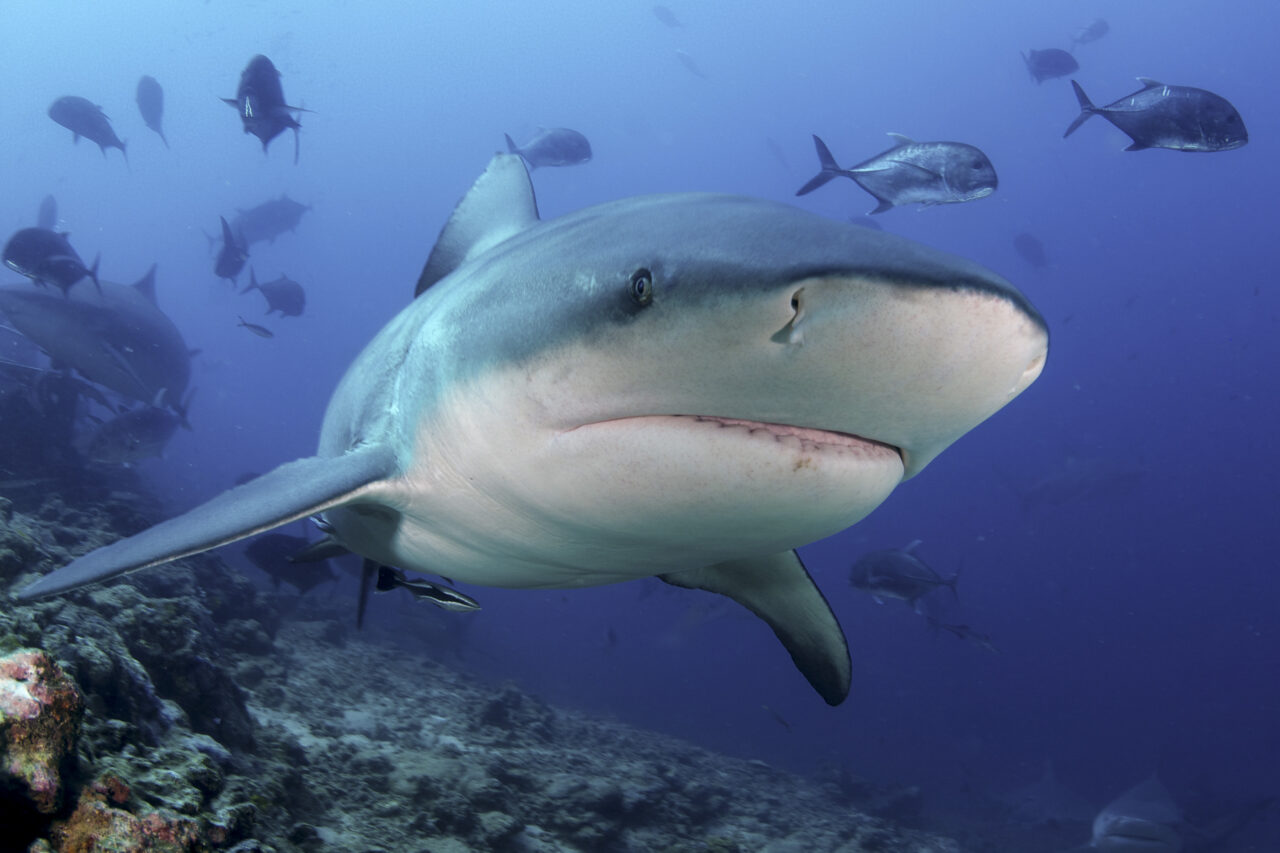
Researchers in the United States have developed a transmitter that can reveal where and when sharks give birth to their offspring, according to Vetenskapsradion.
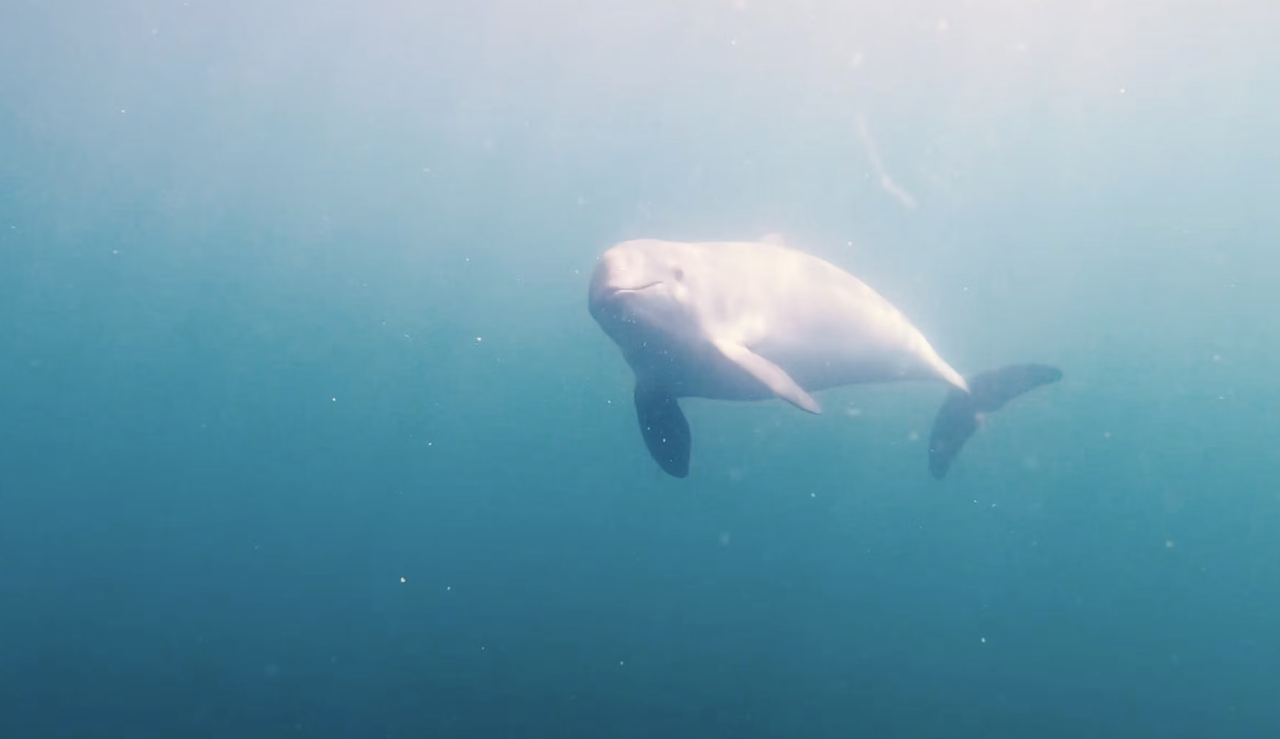
Sweden's only whale is not easy to see. In the Baltic Sea it is acutely threatened, but outside Kullaberg there is a small colony. There, scientists try to learn more about the porpoise's secret life. With the help of new technology, it can be studied both from above and below the water's surface.